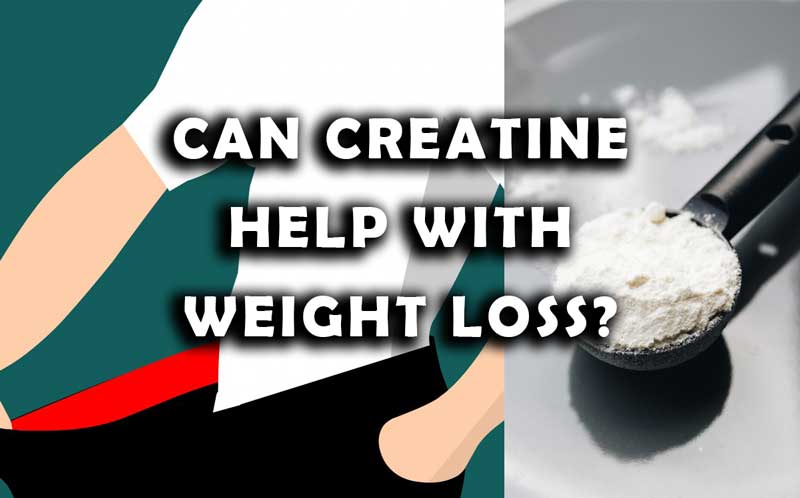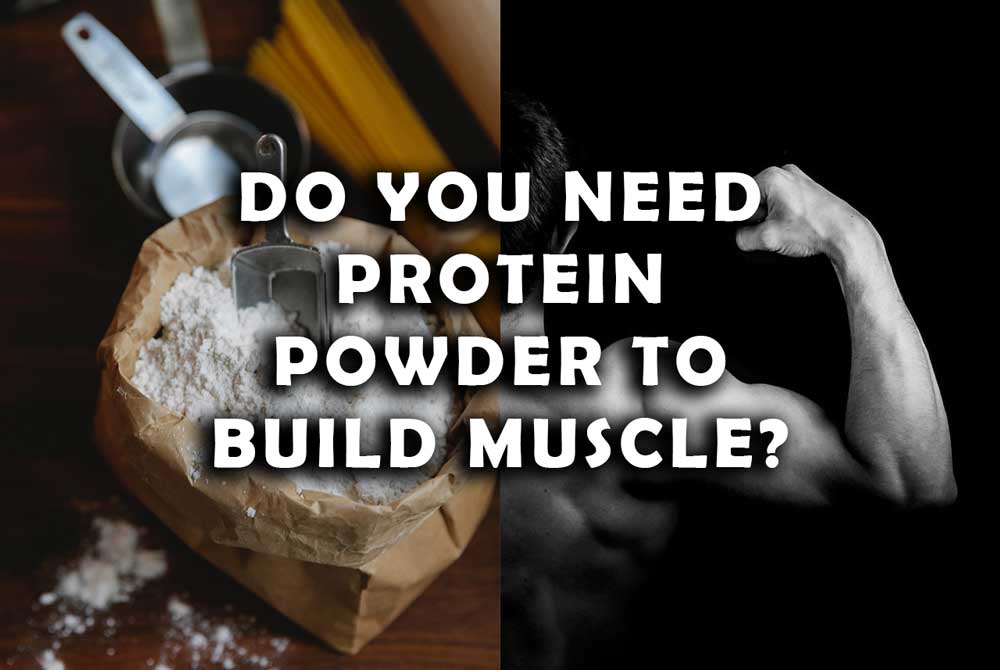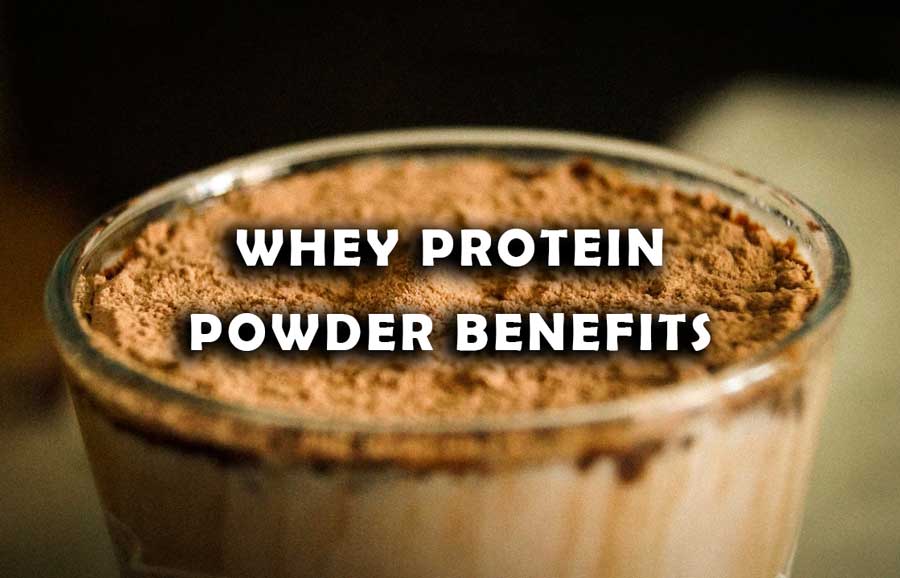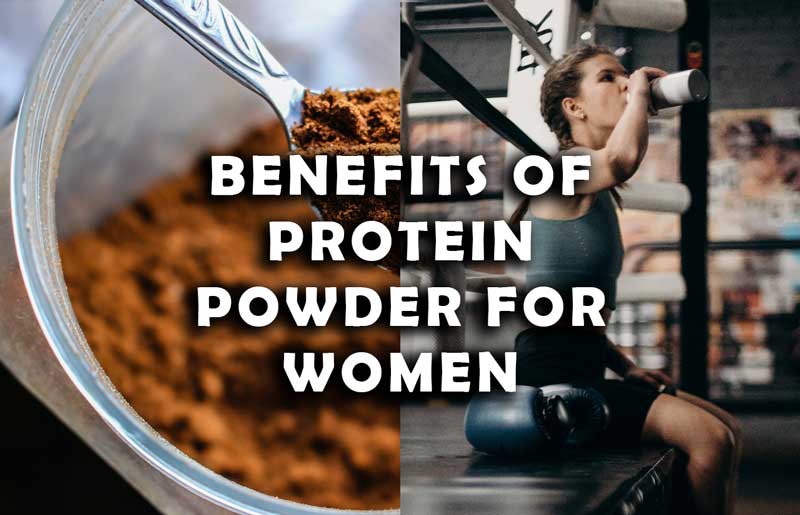Creatine is a popular supplement, not as popular as whey protein powder, which is usually considered an advanced supplement. It is used by athletes and bodybuilders to improve their performance and build muscle mass. It has started to gain popularity with the increase number of people being interested in health supplements. However, many people are curious if creatine can also help with weight loss. In this article, we will explore the scientific evidence behind creatine’s potential effects on weight loss.
What is Creatine?
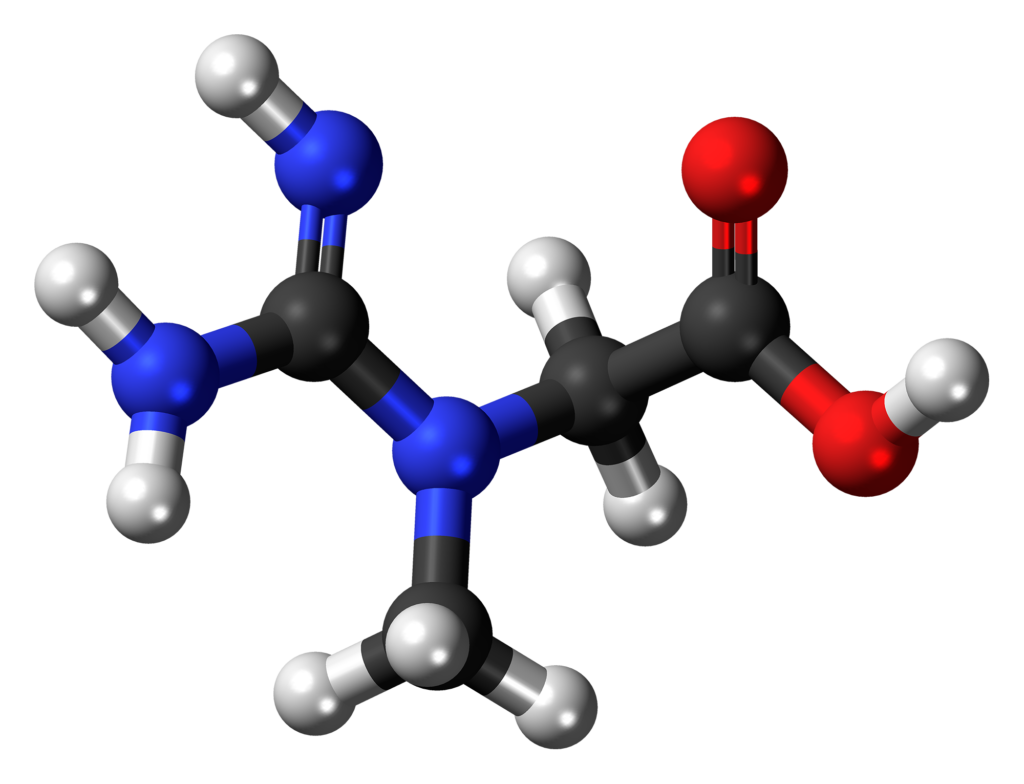
Creatine is a nitrogenous organic acid that our body produces naturally. It is stored in the muscles and provides energy for muscle contractions.
Creatine supplements are mostly common among athletes and bodybuilders to increase their strength, power, and endurance.
How Does Creatine Work?
Creatine works by increasing the availability of ATP (adenosine triphosphate) in the muscles.
ATP is the primary source of energy for muscle contractions, and creatine helps to replenish ATP levels during intense exercise.
This allows athletes to perform at a higher intensity and for longer periods of time.
Can Creatine Help with Weight Loss?

Well, we all know the basics of weight gain and weight loss. And that is, if you eat less calorie than you burn, you will lose weight. Similarly, if you eat more calories than you burn per day, you will gain weight.
So, we cannot consider creatine as the primary factor for weight loss. But it can indirectly lead to weight loss by making
Creatine itself doesn’t have any calories, i.e. zero calories. Therefore, it is clear that it cannot lead to weight gain on its own. Neither creatine can make you lose weight, on it’s own.
While creatine is not typically marketed as a weight loss supplement, some research suggests that it may have benefits for weight loss. Here are some ways in which creatine may help with weight loss:
1) Increased Muscle Mass and Metabolism
Creatine supplements can increase muscle mass, which can in turn increase metabolism. This means that your body will burn more calories at rest, even when you are not exercising.
Studies have shown that creatine supplementation can increase lean body mass and decrease body fat, leading to improvements in body composition.
2) Appetite Suppression
Creatine may also have appetite-suppressing effects, which can lead to decreased calorie intake and weight loss.
One study found that creatine supplementation reduced hunger and increased fullness in healthy adults.
3) Improved Exercise Performance
Creatine supplements can improve exercise performance, allowing individuals to burn more calories during their workouts. This can lead to greater weight loss over time.
In one study, women who supplemented with creatine while participating in a weight loss program lost more body fat than those who did not supplement with creatine.
Creatine with Exercise Can Help in Weight Loss
Creatine alone is very unlikely to help you with weight loss. But what about mixing it with exercise?
If you exercise and have creatine it can have a huge impact on your weight loss goal. Both creatine and exercise are interlinked and can help reduce weight.
Taking creatine will help in your metabolism and workout performance. The increase in this energy can help you perform better in your workouts, not only that, it can help you push more and even lift heavy. This can lead to more calories burnt during your workout, a you will be exercise intensely and for more time.
This increase in calories burnt can easily lead to weight loss in form of fat. If combined with good diet and calorie deficit can further lead to fast results.
How to Take Creatine for Weight Loss
If you want to use creatine for weight loss, it is important to follow the proper dosage and timing guidelines. Here are some tips for taking creatine:
Dosage
The recommended dosage of creatine is typically 3-5 grams per day. It is important to start with a lower dose and gradually increase over time to avoid digestive issues.
Creatine can help you perform better and burn more calories, which can lead to weight loss. This doesn’t mean you overdose it. This can significantly have side effects if you over do it.
Timing
Many people take creatine either before or after immidiate exercise. Taking it before exercise can improve performance, which can result in more intense workout and hence, more calories burnt.
On the other hand, taking it after exercise can aid in muscle recovery. This can help in muscle repair and muscle gain. Hence, fat loss.
Some people also choose to take creatine before bed to improve overnight muscle recovery.
Conclusion
While creatine is not typically marketed as a weight loss supplement, it may have benefits for weight loss due to its effects on muscle mass, metabolism, and appetite. If you want to use creatine for weight loss, it is important to follow the proper dosage and timing guidelines. As with any supplement, it is always a good idea to speak with a healthcare professional before starting to use creatine.
FAQs
1) Is creatine safe for weight loss?
Yes, creatine is generally safe for weight loss when used correctly. It is important to follow the proper dosage and timing guidelines to avoid any potential side effects.
2) How long does it take for creatine to work?
Creatine supplements can start to have an effect within a few days to a week. However, it may take several weeks of consistent use to see significant changes in muscle mass and weight loss.
3) Can creatine cause weight gain?
Creatine may cause some initial weight gain due to increased water retention in the muscles. However, this is typically a temporary effect and should not cause significant long-term weight gain.
4) Is creatine only for athletes and bodybuilders?
No, anyone can use creatine who wants to improve their physical performance or build muscle mass. However, it is important to speak with a healthcare professional before starting to use creatine, especially if you have any underlying health conditions.
5) Can creatine be taken with other supplements?
Yes, you can take creatine with other supplements such as protein powder, pre-workout supplements, and vitamins. However, it is important to follow the recommended dosage and timing guidelines for each supplement to avoid any potential side effects.

